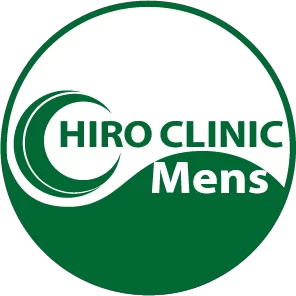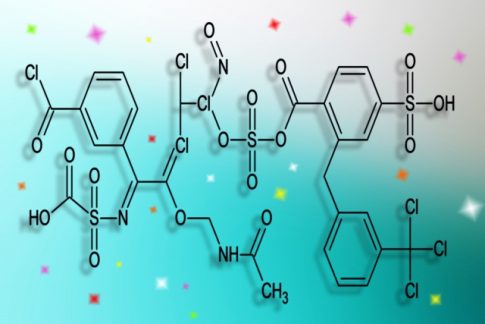Several studies and clinical trials have been conducted regarding the relationship between zinc and AGA (androgenetic alopecia), but no definite conclusion has been reached regarding its effectiveness. Below we summarize information about the relationship between zinc and AGA.
Role and effects of zinc
Cell growth and repair
- Role: Zinc plays an important role in cell growth and repair. It is especially needed to maintain the health of hair follicles.
- Effect: Deficiency of zinc can impede cell division and growth and promote hair loss.
Immune function support
- Role: Zinc is essential for maintaining the normal functioning of the immune system. A healthy immune system supports scalp health and helps hair growth.
The relationship between zinc and AGA
Regulation of DHT levels
- Theory: Some research suggests that zinc may inhibit the production of DHT (dihydrotestosterone). DHT is considered to be the main cause of AGA, and lowering its levels may be able to suppress the progression of AGA.
- Evidence: However, the scientific evidence for this effect is still insufficient and further research is needed.
Anti-inflammatory effect
- Role: Zinc has anti-inflammatory properties and may prevent hair loss by reducing scalp inflammation.
Research and clinical trials
Relationship between zinc deficiency and hair loss
- Research results: Zinc deficiency has been confirmed to be a contributing factor to hair loss. Zinc deficiency, in particular, has been shown to increase the risk of widespread hair loss.
Effects of supplements
- Clinical trial: Although there are limited studies showing a direct effect of zinc supplements on AGA, if zinc deficiency is suspected, taking supplements may help improve hair loss.
In conclusion
Zinc is an important nutrient for maintaining hair health, and zinc deficiency can contribute to hair loss. However, there is still a lack of conclusive evidence on how effective zinc supplements are against AGA. Medications such as finasteride and minoxidil are commonly recommended for the treatment of AGA, and zinc supplements may play a supporting role.










